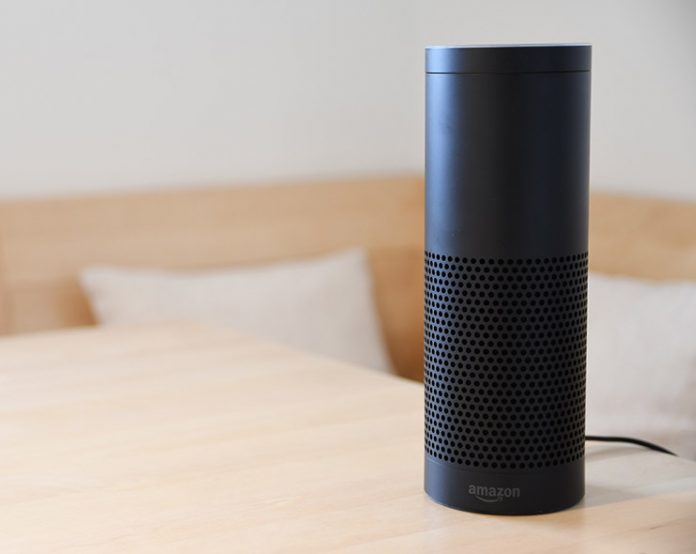
NEW YORK—Guests each have their own colloquialisms and accents, and verbally convey their intents to hotels in a myriad of ways. Volara has developed a patent-pending Accuracy Engine to help Amazon’s Alexa better interpret hotel guests’ commands and requests appropriately and with greater precision. The technology leverages data sets, contextual awareness, artificial intelligence (AI), and machine learning to reduce errors and increase guest satisfaction.
“Volara’s technology does not process what a guest says. Volara interprets what Alexa hears,” said David Berger, CEO of Volara. “For example, our data shows that Alexa sometimes hears the word ‘shuttle’ as ‘shudder’ or even ‘should hill’. With our Accuracy Engine, ‘shudder’ will trigger the appropriate action or integration, like calling the hotel shuttle. Volara’s Accuracy Engine provides a translation layer between what Alexa hears and what action a guest is asking of our client hotels.”
Volara’s software benefits from what it calls SmartSlots, which represent common terms used across hotels (e.g., in-room dining, dental kit, valet). The data on what Alexa hears when a guest uses one of these terms informs and improves the SmartSlots across all properties in each portfolio.
“Volara’s Accuracy Engine with SmartSlots is ideal for hotels that are part of a larger brand or portfolio,” Berger said. “When a SmartSlot is updated at one hotel, the interaction models driving the conversations will be updated across all hotels within that group or brand. As Volara’s client base continues to grow, so will the frequency and granularity of these updates, thereby improving the likelihood that a guest will be well satisfied by his or her interaction with Alexa.”
Berger explained that Alexa users in the home train themselves to speak with Alexa in a way that minimizes disappointing responses, such as “Sorry, I don’t know that one.” “Hmmm, I don’t know that.” “Sorry, I’m not sure.”
“Hotel guests tend to have less patience and expect technology to adapt to them rather than the other way around,” Berger said. “Hoteliers are even less patient, especially when Alexa’s failure to understand voice commands can cause lost revenue, complaints, and overall customer dissatisfaction. That’s why Volara developed its Accuracy Engine. Volara ensures that no matter how a hotel is using voice technology–whether it’s for service requests, concierge recommendations, personal greetings, compendium information, loyalty programs, or a host of other applications–the spoken word is being recognized and translated accurately.”











